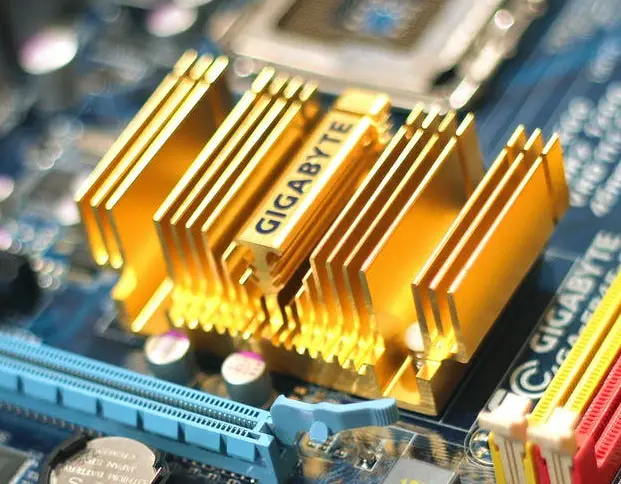China is launching a financial crackdown in its chip industry over misappropriation of funds, as competition with US chipmakers heats up and the Communist Party national meeting is just a few months away.
Over the last few weeks, China has launched a blitz of investigations of semiconductor executives. The timing, coming just before the Communist Party national meeting indicates the leadership has some degree of frustration that the Chinese semiconductor industry is not advancing within the industry faster.
According to a report from a Chinese news outlet, the nation’s largest state-backed chip fund had become a “hotbed of corruption.” The China Integrated Circuit Industry Investment Fund (CICF), which is backed by state owned banks and other government sources, doles out funding to domestic semiconductor companies to foster growth and development of new projects.
The CICF was created to foster development of China’s semiconductor industry, but in July, government agencies announced they had opened an investigation of Ding Wenwu, the CICF’s former president. Although no details of the investigation have been released, it is suspected Ding was using fund resources to pay his personal expenses.
Before he was appointed to the CICF in 2014, Ding had worked at the semiconductor policy department within the Ministry of Industry and Information Technology
The CICF, commonly referred to as “The Big Fund,” had raised 340 billion yuan (US$50.3 billion) and invested roughly two thirds of it in China’s semiconductor industry. Because of Ding’s stature within the semiconductor community the investigation has come as a shock to the industry.
Ding is not alone as a target. Lu Jun, the one-time chief of Sino IC Capital, the CICF’s managing company was also placed under investigation in mid-July. Ding and Lu had worked together to identify investment targets to receive funds. Also another executive at another fund related to the CICF has also been arrested and placed under investigation.
Other companies which have received CICF funding are also under investigation. In July authorities arrested the former head of Chinese chipmaking giant Tsinghua Unigroup, Zhao Weiguo, as well as the groups’ co-president Diao Shijing.
The CICF had offered funds to Yangtze Memory Technologies Co. and UNISOC, both subsidiaries of Tsinghua Unigroup.
The Made in China 2025 industrial initiative made semiconductors a top priority when it was announced in 2015. The goal was to raise the self sufficiency in chip supply, at 10% then, up to 70% by 2025.
Between 2015 and the middle of this year, the Chinese chip industry raised about 900 billion yuan, (US$130 million). In the last year alone, the industry raised more than 200 million yuan (US$30 million), which was ten times the amount raised in 2015.
Although China sold $150 billion worth of chips last year, the volume did not meet domestic demand, forcing the industry to import more than $400 million worth of semiconductor chips, which was double the amount from 2015.
China is also laboring under economic sanctions expressly designed to suppress their semiconductor industry. Unable to import top-level chip-making equipment, China unable to develop new processes, and produce the latest generation of chips.
In addition the United States just passed the CHIPS act which prohibits companies from investing in and expanding the most cutting edge chip-making facilities in China over the next ten years, if they want to qualify for lucrative subsidies from the United States government.
As a result China’s chip self sufficiency has been kept between 20% and 30%.
An executive at an international company said, “In order to compete against the U.S., they were supposed to use domestic funds effectively and raise the competitiveness of the semiconductor industry.”
Now the government is trying to figure out if that ever happened.

